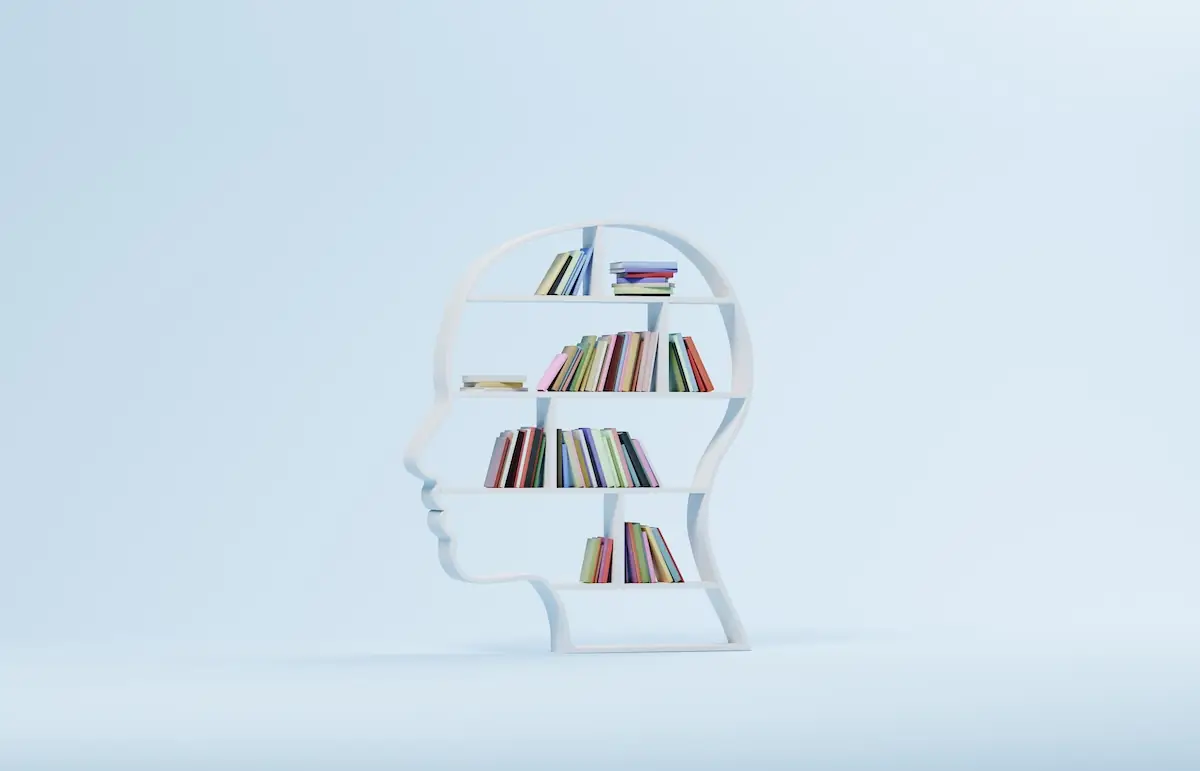Top 10 ODSC West Sessions You Must Attend!
Alexandra Quinn | October 18, 2022
ODSC West is a fascinating three-day professional event, taking place in San Francisco and virtually, from Nov. 1 - 3, 2022. Topics like ML and deep learning, data engineering and MLOps, NLP and Responsible AI will be discussed and showcased during ODSC West through training sessions, workshops, bootcamps and keynote talks.
As part of our pre-event tradition here at Iguazio, we’re excited to share with the ML and AI community our list of recommended sessions. We chose them based on their novel approaches to ML and AI, their diverse ways of approaching data science and their applicability to a wide variety of business and real-life use cases.
Here are our top recommended 10 sessions:
1. Hyper-productive NLP with Hugging Face Transformers
Tue., Nov. 1, 9:40am - 10:55am
A workshop showing how to use Hugging Face Transformers, the popular open source NLP library. During the workshop, Julien Simon, Chief Evangelist at Hugging Face, will show how to train and deploy a text classification model that predicts ratings based on a data set with Amazon product reviews. The code from the session will also be shared with attendees and available for reuse.
2. Self-Supervised and Unsupervised Learning for Conversational AI and NLP
Tue., Nov. 1, 11:25 AM - 12:40 PM
Self-supervised and Unsupervised learning techniques are restructuring AI in fields like NLP, Computer Vision and Robotics. In this workshop, Chandra Khatri, Chief Scientist and Head of AI at Got it AI, will show how to leverage transformers and large language models for few-shot and zero-shot learning in a variety of NLP applications.
3. Denoising Diffusion-based Generative Modeling
Tue., Nov. 1, 11:35am - 12:20pm
Diffusion-based generative models, like DALL·E 2, have been able to achieve exceptional image generation quality, since they directly learn the vector field of data distribution gradients. In this interesting talk, Stefano Ermon, Assistant Professor at Stanford University, will explain how these core-based generative models can be used to improve performance for a variety of needs, like medical imaging.
4. Democratizing Distributed Compute and Machine Learning: A Tour of Three Frameworks
Wed., Nov. 2, 9:30am - 12:45pm
A hands-on coding workshop by Adam Breindel exploring Apache Spark, Ray and Dask. The workshop will explore and determine whether these platforms make large-scale computation simpler and more accessible.
5. Interpretable AI or How I Learned to Stop Worrying and Trust AI
Wed., Nov. 2, 12:30pm - 1:15pm
AI and ML are revolutionizing healthcare, manufacturing and finance. But if we don’t deeply understand complex ML models’ recommendations, the results might be propagating bias. In addition, the EU now requires explaining AI under the GDPR “right to explanation”. How can AI practitioners meet these requirements and eliminate bias? In this important session, Ajay Thampi, an ML engineer from Facebook, will provide an overview of state-of-the-art interpretability techniques and how to build explainable AI systems.
6. Separating the Signal from the Noise: Signal Processing and Feature Extraction Techniques for Biological Data
Wed., Nov. 2, 2:00pm - 3:15pm
Removing the maximum amount of noise while retaining signal is vital for model quality. In this talk, Michelle Hoogenhout, Lead Data Scientist at Hydrostasis, will introduce and show examples of basic signal processing and motion artefact removal techniques, like low-pass filtering, Kalman filtering, and Savitzky-Golay filtering. This talk is especially recommended for anyone interested in biomedical processing, electrical and optical signals and wearables technology.
7. AI-driven Healthcare Navigation
Thu. Nov. 3, 10:40am - 11:25am
According to Kira Radinsky, CEO and CTO of Diagnostic Robotics, we are now at a critical moment in history. We have enough data to create the tools that can fix pressing global issues: climate change, eradicating diseases and overcoming violence. Hear more at her talk.
8. Human Factors of Explainable AI
Thurs., Nov. 3, 10:40am - 11:25am
Explainable AI is a hot and growing topic in ML systems design. Providing human understandable explanations for predictions made by complex ML models is undoubtedly a wicked problem. In this beginner-level session, Google Senior UX Researcher Meg Kurdziolek covers the human-factors that influence how explanations are interpreted and used by end-users. For practitioners, she'll present a framework for designing and assessing interpretable ML systems.
9. AI TCO Considerations from Pilot to Production Scale
Wed., Nov. 2, 12:10pm - 12:35pm
The challenges of scaling up data science projects are a major bottleneck for enterprise AI. Getting reliable results from AI depends on many different factors--the data, models and infrastructure resources powering your data ingestion, analysis, model building, training, and optimization. In this session, Pure Storage Principal Technology Evangelist Justin Emerson will discuss the TCO considerations as you scale AI from exploratory pilot phases to production.
10. Keynote: From AutoML to AutoMLOps
Wed., Nov. 2, 11:00am - 11:45am
Forward-thinking enterprises are taking a new, production-first approach to MLOps. Instead of starting with AI model building, they first design a continuous operational pipeline, make sure the various components and practices map into it, automate and measure business metrics. In this important session, Yaron Haviv, Iguazio’s co-founder and CTO, will describe the challenges of operationalizing machine and deep learning. He will then explain the production-first approach to MLOps pipelines, demonstrate with real-world implementations and examples and discuss the different pipeline stages.
Meet Iguazio at ODSC West
Let’s meet at ODSC West! We’ll be at booth #4 and we can’t wait to meet you and discuss MLOps. To discuss MLOps and more in more depth, let’s book a 1:1 session. Schedule here.


